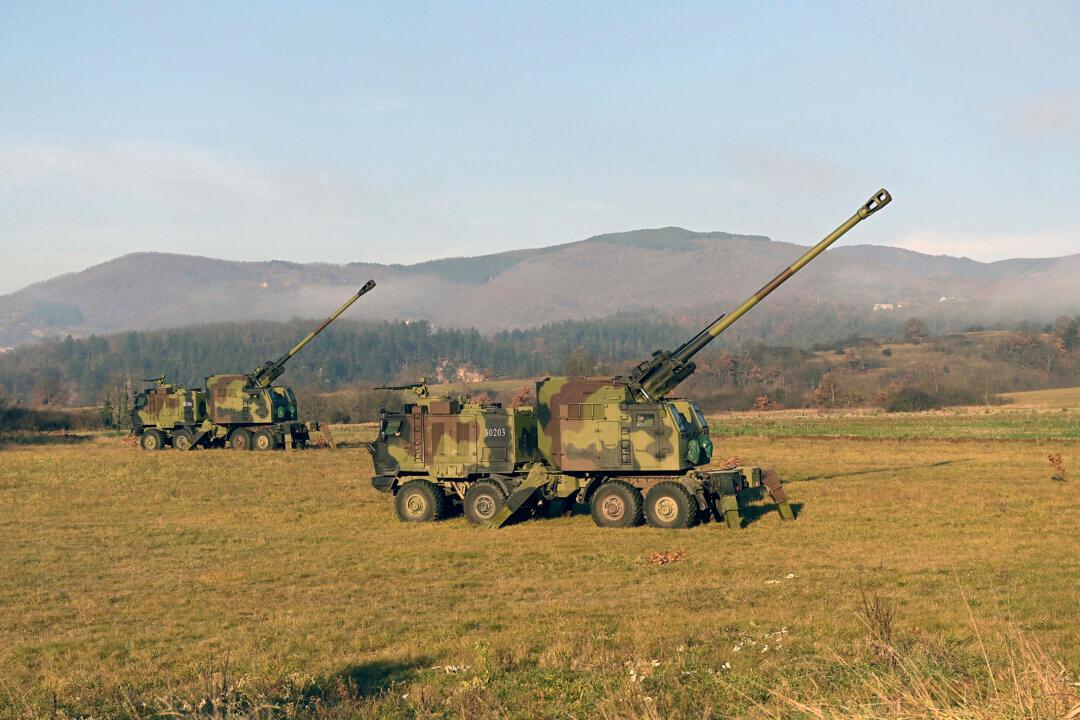NATO has warned Kosovo against taking “destabilizing steps” after clashes erupted between Kosovan police and ethnic Serbs who tried to block newly elected Albanian mayors from entering municipal buildings.
“Pristina must de-escalate [and] not take unilateral, destabilizing steps,” NATO chief Jens Stoltenberg stated on Twitter on May 28, referring to the capital city of Kosovo.





